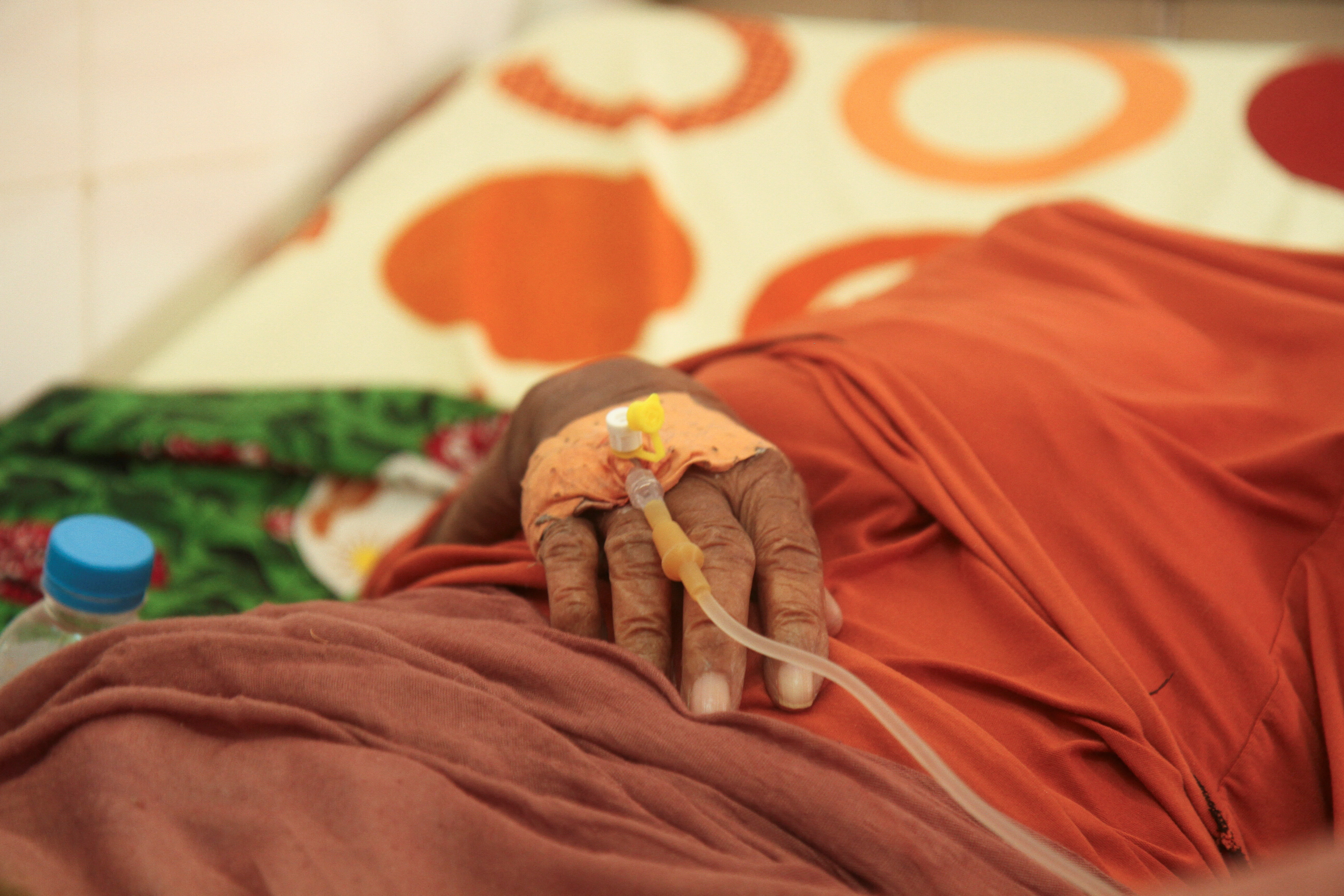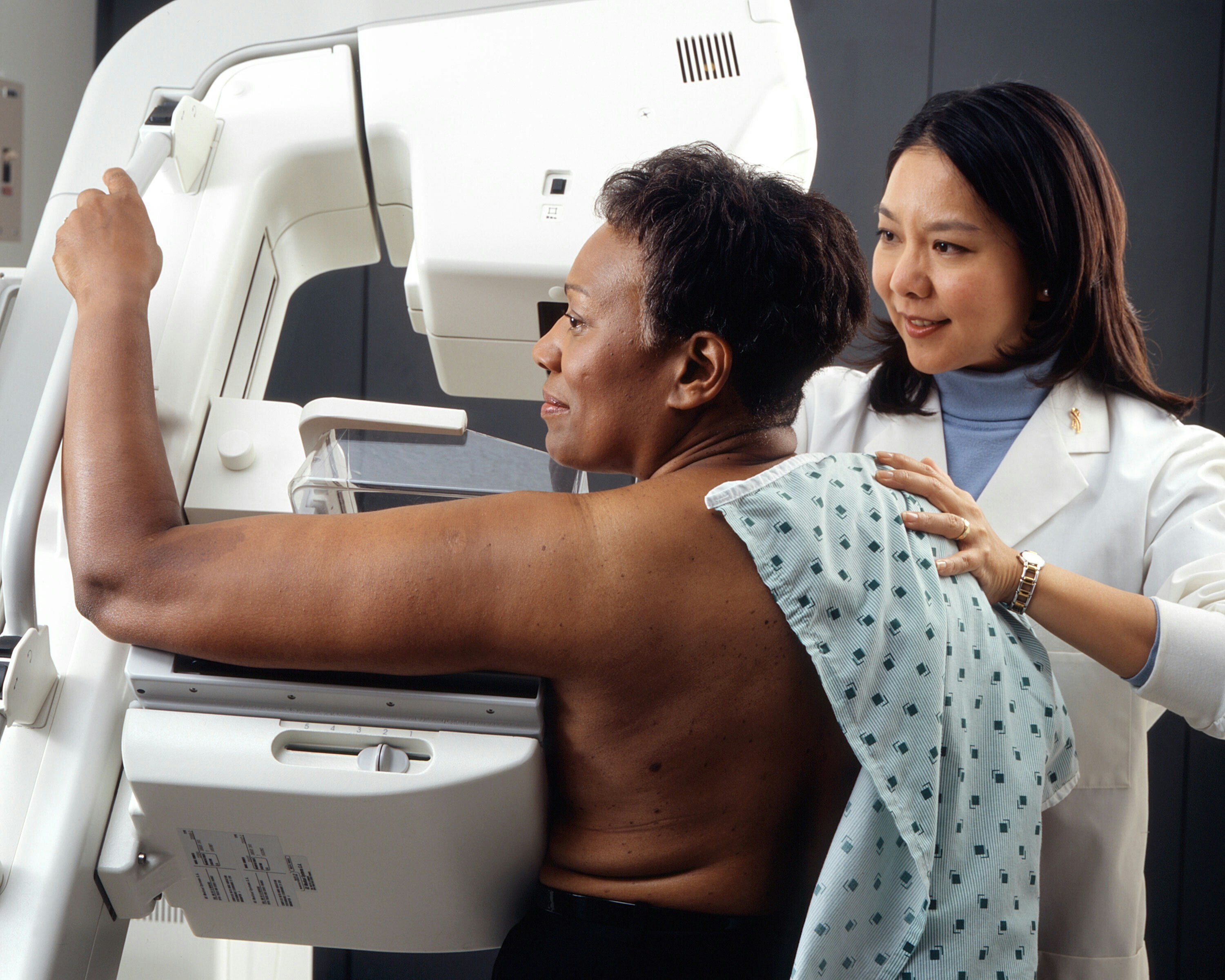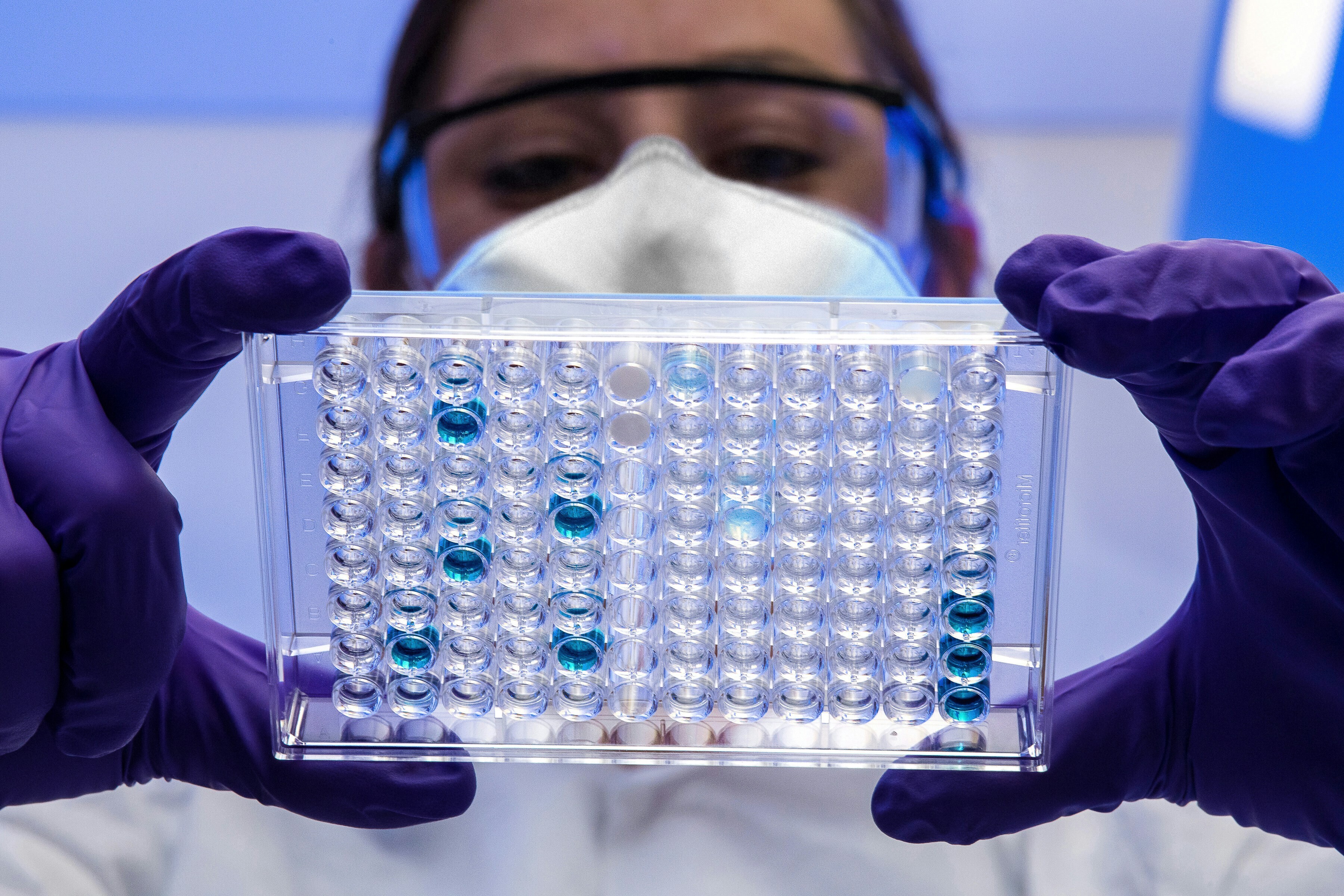This Japanese experiment shows how easily coronavirus can spread – and what you can do about it

Researchers say wearing a mask can greatly reduce the spread of diseases by microdroplets.
Image: REUTERS
Explore and monitor how COVID-19 is affecting economies, industries and global issues
Stay up to date:
COVID-19
- Microdroplets less than 100th of millimetre in size may spread the coronavirus.
- Research in Japan shows microdroplets can remain in the air for 20 minutes in enclosed spaces.
- Opening a window or a door can eliminate the droplets.
We’ve all heard the advice about catching sneezes and coughs in a tissue to avoid spreading coronavirus. But new research from Japan suggests that infection could be spread by simply holding a conversation with another person.
Using high-definition cameras and laser lighting, NHK, Japan’s public broadcaster, conducted an experiment with a group of researchers to capture the movement of microdroplets – particles that are less than 100th of a millimetre in size.
They found these microdroplets are emitted every time we speak – and the louder we talk, the more are emitted. So, two people holding a conversation at a normal distance apart could easily lead to infection.
The findings underline the social distancing message from the World Health Organization, which advises people to keep at least 1 metre apart at all times. It also reinforces the need to keep rooms well-ventilated.
A floating threat
The research sheds new light on the rapid spread of coronavirus. Previous studies focused on sneezes and coughs, which emit larger 1 millimetre droplets that can be seen using a normal camera.
NHK found that droplets from a sneeze fall quickly to the ground and do not travel very far, even in still air. But their cameras also picked up microdroplets, less than 100th of a millimetre across.
Accept our marketing cookies to access this content.
These cookies are currently disabled in your browser.
Rather than falling to the ground, the microdroplets float in the air and drift about. The researchers estimate that a single cough or sneeze can produce 100,000 microdroplets.
“Microdroplets carry many viruses,” says Kazuhiro Tateda, head of the Japanese Association for Infectious Diseases. “We produce them when we talk loudly or breathe heavily. People around us inhale them and that’s how the virus spreads. We’re beginning to see this risk now.”
Invisible risk
The researchers simulated a situation with 10 people in an enclosed space – the size of an average school classroom. When someone coughed, as expected, the larger droplets fell to the ground within one minute.
But 20 minutes after the cough, the microdroplets were still floating in the air – and had spread through the entire room.
However, when a window was opened, the microdroplets were quickly swept away in the breeze. Any airflow, it seems, will get rid of the super-light particles.
What is the World Economic Forum doing about the coronavirus outbreak?
“What’s important is to create two openings,” says Tateda. “Do this at least once an hour. That lowers the risk of infection considerably.”
The researchers also say wearing a mask can greatly reduce the spread of microdroplets, helping to protect both the speaker and their listeners from the risk of catching coronavirus.
Don't miss any update on this topic
Create a free account and access your personalized content collection with our latest publications and analyses.
License and Republishing
World Economic Forum articles may be republished in accordance with the Creative Commons Attribution-NonCommercial-NoDerivatives 4.0 International Public License, and in accordance with our Terms of Use.
The views expressed in this article are those of the author alone and not the World Economic Forum.
Forum Stories newsletter
Bringing you weekly curated insights and analysis on the global issues that matter.
More on Health and Healthcare SystemsSee all
James See
November 7, 2025
Shyam Bishen
November 5, 2025
Naveena Nekkalapudi
October 31, 2025
Mariam Adebayo
October 30, 2025
Alexandros Pantalis
October 30, 2025





